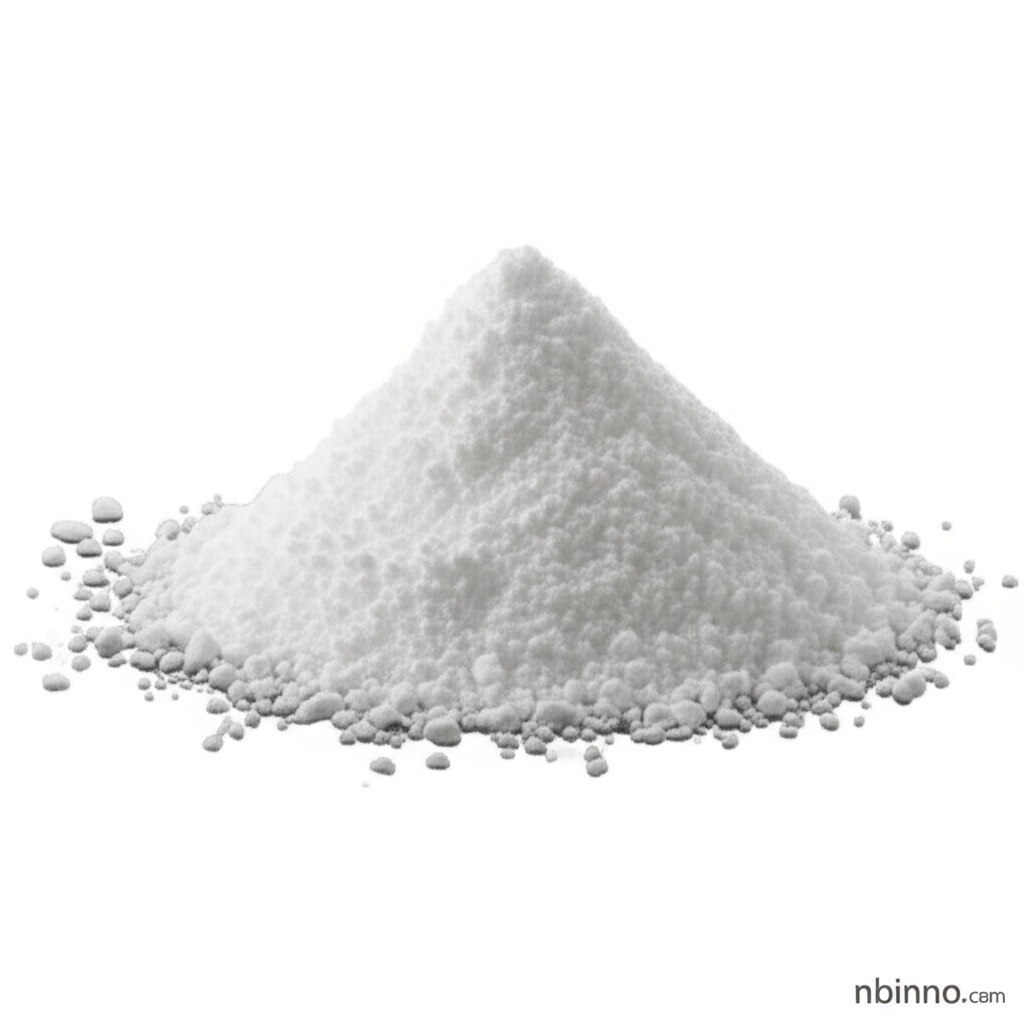Microcrystalline Cellulose (MCC): A Comprehensive Guide
Discover the versatile applications and benefits of Microcrystalline Cellulose in pharmaceuticals, food, and beyond.
Get a Quote & SampleUnveiling the Core Value of MCC

Microcrystalline Cellulose
Microcrystalline cellulose (MCC) is a refined plant-derived powder essential in formulating pharmaceuticals, acting as a critical binder, filler, and disintegrant. Its unique physicochemical properties enhance tablet integrity, consistency, and crucially, drug release and bioavailability, making it a cornerstone ingredient in modern medicinal and industrial applications.
- Explore the pharmaceutical applications of MCC, understanding its vital role in tablet and capsule manufacturing.
- Learn about the benefits of microcrystalline cellulose as an excipient, highlighting its contribution to product performance and patient compliance.
- Understand the detailed microcrystalline cellulose manufacturing process, from raw material to finished product.
- Discover the diverse food additive uses of MCC and its impact on product texture and stability.
Key Advantages of Microcrystalline Cellulose
Exceptional Binding Properties
MCC's plastic deformation under compression forms strong interparticle bonds, ensuring tablet cohesion and mechanical strength, a key factor for effective uses of microcrystalline cellulose in tablets.
Enhanced Drug Release
Its porous structure and water-absorbing capabilities promote rapid tablet disintegration, directly improving drug release profiles and subsequent bioavailability.
Chemical Inertness and Safety
MCC is chemically stable and inert, meaning it does not react with active pharmaceutical ingredients, ensuring medication integrity and efficacy throughout its shelf life.
Diverse Applications of MCC
Pharmaceutical Formulations
As a binder, filler, and disintegrant, MCC is indispensable in producing tablets, capsules, and other solid dosage forms, aiding in predictable drug delivery.
Food Production
Used as an anti-caking agent, stabilizer, texture modifier, and suspending agent, MCC enhances the quality and consistency of various processed food products.
Cosmetics and Personal Care
Its properties as an abrasive, absorbent, and viscosity enhancer make it a valuable ingredient in skin care, hair care, and makeup products.
Animal Nutrition
MCC functions as a technological additive in animal feed, acting as an emulsifier, stabilizer, thickener, and binder for all animal species.
